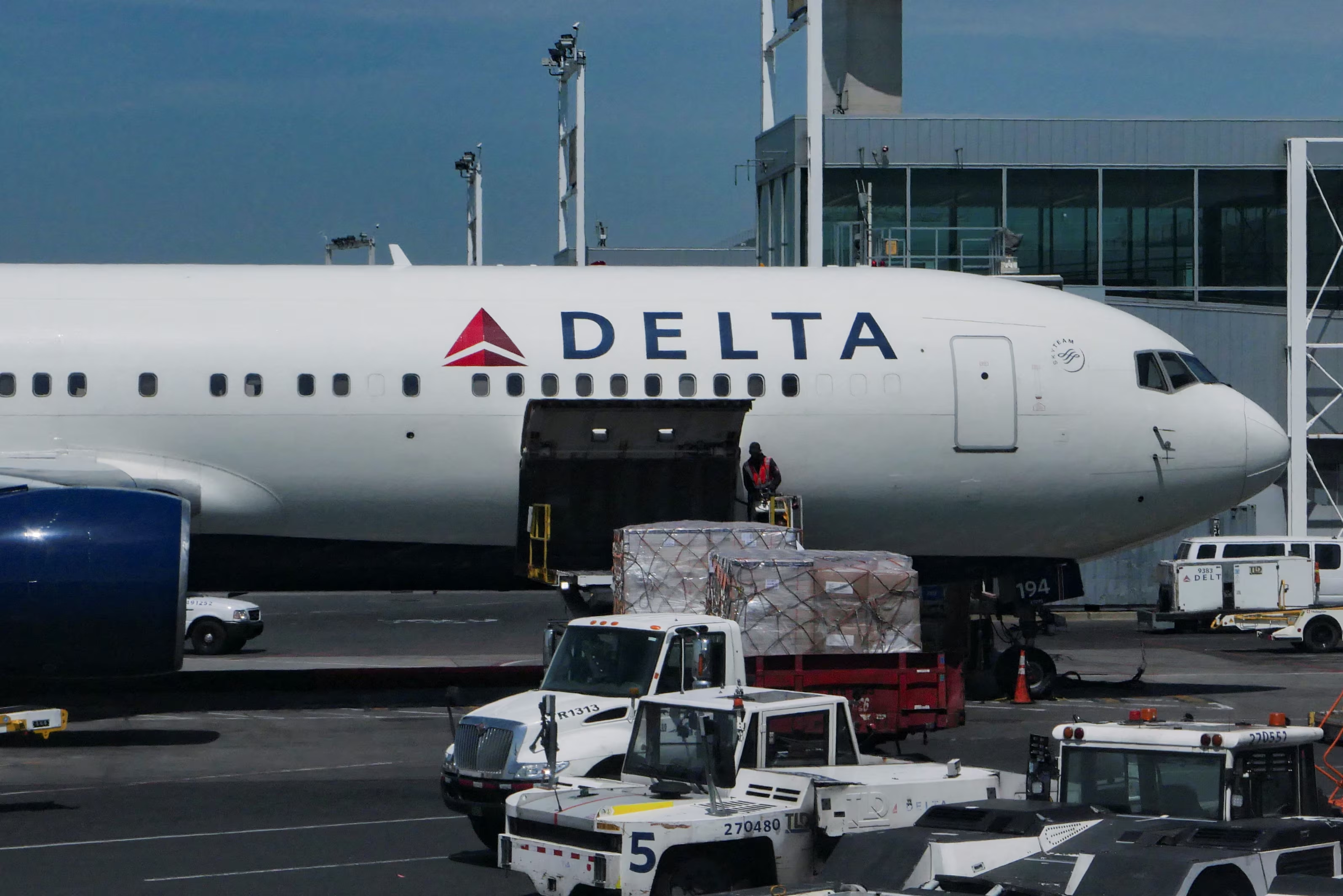أيروجيني — مساعدك الذكي للطيران.
الرائج الآن
Categories
Aerospace Industry Warns New US Tariffs Threaten Air Safety and Supply Chains

Aerospace Industry Raises Alarm Over Proposed US Tariffs
Threats to Air Safety and Supply Chains
Leading aerospace companies in the United States and around the world have expressed serious concerns regarding proposed tariffs on imported commercial aircraft, jet engines, and related parts. These warnings follow the U.S. Commerce Department’s recent initiation of a “Section 232” investigation, which could result in the imposition of higher tariffs on these critical imports. Industry stakeholders caution that such measures risk undermining air safety and disrupting vital supply chains that underpin global aerospace operations.
The Aerospace Industries Association (AIA), representing major manufacturers including Boeing, Airbus, RTX, and GE Aerospace, has formally requested that the Commerce Department extend the public comment period by 90 days. The association also urges a moratorium on new tariffs for at least 180 days to allow for more comprehensive consultation with industry participants. The AIA stresses the importance of ensuring that any tariffs enacted under Section 232 are carefully calibrated to address genuine national security concerns without compromising the integrity of the aerospace supply chain or the safety of air travel.
Economic and Operational Implications
Industry leaders warn that the introduction of tariffs could significantly increase operational costs for airlines, potentially eroding profitability and prompting reductions in service. These financial pressures may cascade through the manufacturing sector, causing delays and escalating expenses amid ongoing challenges such as production bottlenecks and labor shortages. The immediate focus on managing tariff-related disruptions threatens to divert attention and resources from long-term workforce development initiatives critical to sustaining the industry’s future.
The risk of supply chain interruptions is particularly pronounced for major manufacturers like Boeing, Airbus, and RTX, which could face delayed deliveries and higher costs. In response, some companies may explore alternative suppliers or new markets to mitigate the impact, while others might intensify efforts to improve internal efficiencies to absorb increased expenses.
Calls for a Return to Established Trade Frameworks
Airlines and manufacturers have also advocated for a reinstatement of the tariff-free regime established under the 1979 Civil Aircraft Agreement. This framework historically enabled the U.S. aerospace sector to maintain a substantial trade surplus, valued at approximately $75 billion annually. Industry representatives caution that departing from this agreement could produce unintended consequences, weakening both the competitiveness of the U.S. aerospace industry and the safety standards of air travel.
The AIA underscores the necessity of measured deliberation and ongoing dialogue, warning that precipitous implementation of new tariffs could destabilize the aviation industry and jeopardize the safety of global air transportation.

Emirates Unveils Cabin Design for New Boeing 777X

Eighteen Years On, the Airbus A380 Remains Central to a $34 Billion Airline

How a boom in luxury airline seats is slowing down jet deliveries

Navitaire Outage Attributed to Planned Maintenance

DigiYatra Debuts Outside Aviation at India AI Impact Summit

Vietnam Orders Strengthen Boeing’s Commercial Outlook

Airbus Signals Uncertainty Over Future A400M Orders

JobsOhio Awards $2 Million Grant to Hartzell Propeller for Innovation Center

Collins Aerospace Tests Sidekick Autonomy Software on YFQ-42A for U.S. Air Force CCA Program

How the Airbus A350-1000 Compares to the Boeing 777
